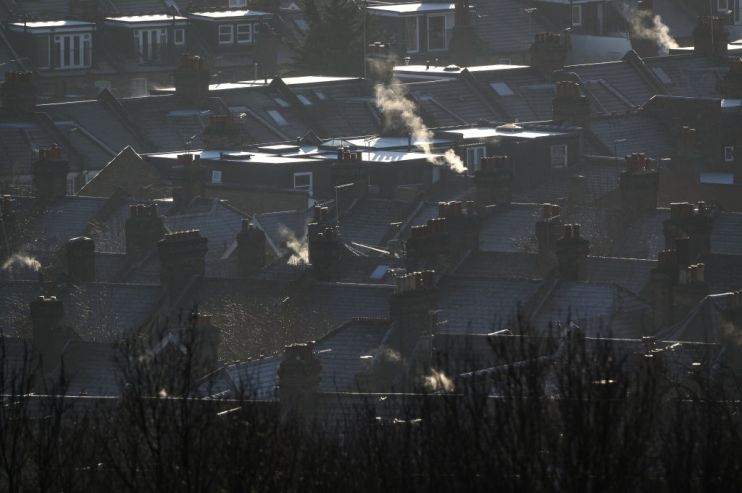Inflation to near 30-year high as Brits prepare to tighten their belts

The cost of living in Britain will swell to its highest level in nearly three decades, some of the City’s leading economists warned today.
Soaring energy bills, compounded by a sharp rise in the price of second-hand cars and petrol costs, will drive inflation to 5.3 per cent, according to Sanjay Raja, Deutsche Bank’s senior economist.
That would be the highest reading notched by the consumer price index since March 1992.
Energy costs have propelled upwards over the last six months, led higher by an energy crunch on the Continent engineering widespread shortages of gas stocks.
“Energy prices have been front and center in the unfolding cost of living crisis – and there’s good reason for it. The energy basket will end the year up 25 per cent,” Raja said.
Meanwhile, countries emerging from the most onerous Covid-19 restrictions unleashed a wave of global demand for oil, sending prices higher. As a result, petrol prices have soared in the UK, likely hoisting inflation in December, Raja said.
Persistent semiconductor shortages choking the supply of new cars will add upward pressure to second-hand vehicle prices, feeding into overall core goods price inflation of around five per cent, leaving it touching record highs.
Inflation is expected to breach the seven per cent mark by some City experts in April when the energy watchdog’s adjustment to the cap on bills takes effect.
Red hot inflation will squeeze Brits’ budgets, prompting households to slash spending, which will weigh on economic growth, according Samuel Tombs, chief UK economist at Pantheon Macroeconomics.
Although Tombs expects the drag Omicron has exerted on the UK economy to be short-lived, with output restoring to pre-Omicron levels as soon as March, he highlights inflation is a greater threat to long-term growth.
“Omicron looks set to fade almost as quickly as it arrived, thanks partly to the rapid rollout of booster jabs,” Tombs said.
“Growth from [March] on, however, likely will be sluggish. Employment growth looks set to slow, due to the increase in employers’ national insurance contributions in April and a dearth of surplus workers.”
“At the same time, real take-home pay will be squeezed by high inflation and the rise in employees’ NICs,” he warned.
Those downbeat assessments were echoed by Paul Dales, chief UK economist at Capital Economics.
“With 2022 set to bring households higher utility bills and taxes, we have toned down our optimism on the strength of the consumer recovery,” Dales said.
Inflation incentivises people to cut back on spending if incomes do not keep pace.
Elevated inflation and weaker than expected growth will present a dilemma for the Bank of England, which announces its next decision on interest rates on February 3.
The Bank is expected to flex its inflation fighting muscles this year and hoist interest rates as many as four times, taking borrowing costs to 1.25 per cent by the end of 2022. The central bank lifted rates last month.
New cost of living estimates for December from the Office for National Statistics are released on Wednesday.